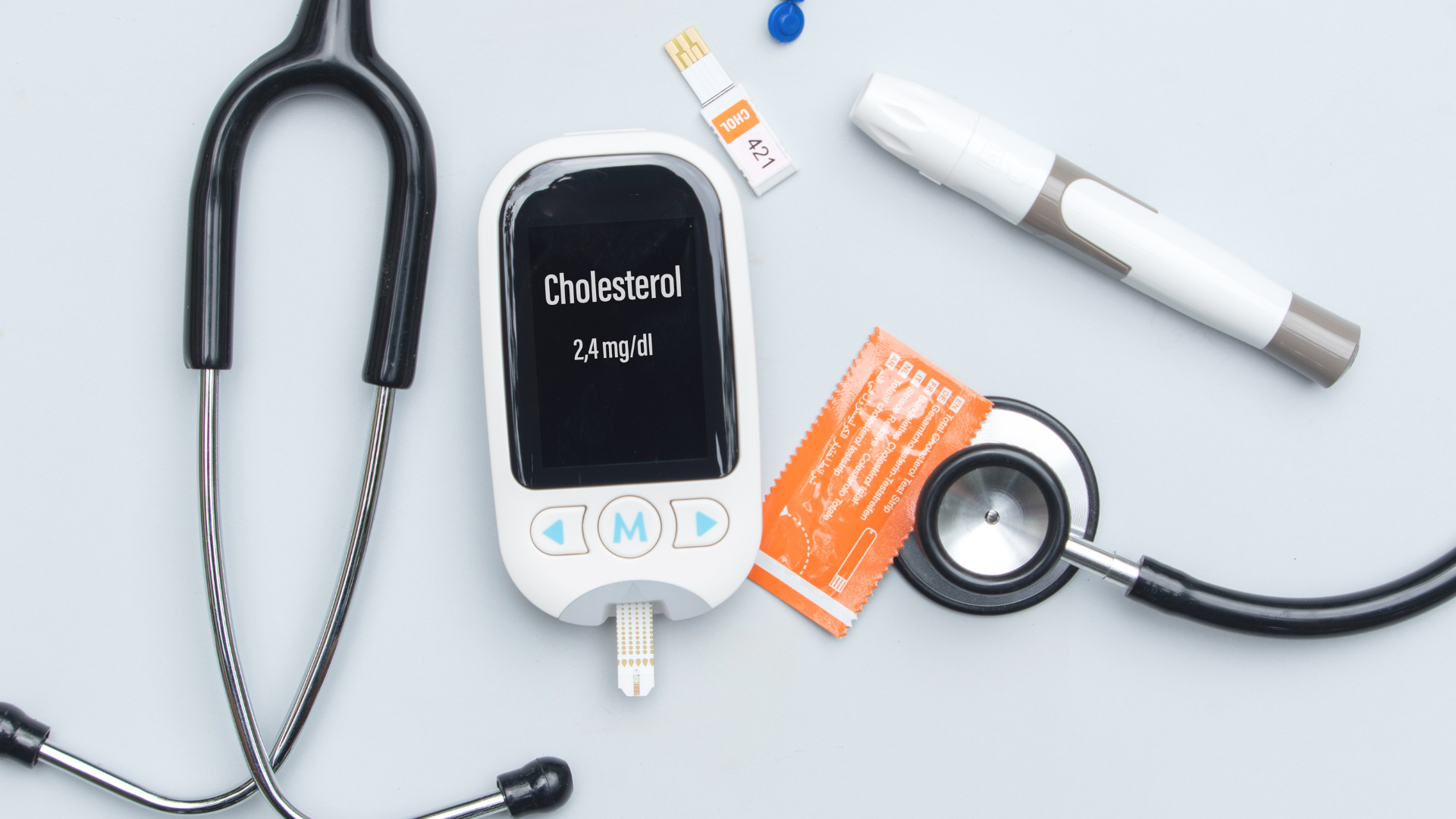Introduction
Menopause marks a major milestone in a woman’s life. Along with hormonal changes, women often experience significant shifts in bone health. Osteoporosis, brittle bones, and a higher risk of fractures become pressing concerns during the post-menopausal years. But did you know your gut health plays a vital role in keeping your bones strong after menopause?
Recent scientific studies reveal that the gut microbiome—the community of trillions of bacteria in your digestive system—directly influences bone density, calcium absorption, inflammation, and overall skeletal strength. In this blog, we’ll explore the fascinating bone-gut connection and how supporting your digestive health can protect your bones long after menopause.
Why Post-Menopause Women Are at Risk of Bone Loss
Hormonal Shifts and Estrogen Decline
Estrogen plays a key role in maintaining bone density. After menopause, estrogen levels drop sharply, accelerating bone breakdown. This leads to:
- Decreased calcium absorption in the gut
- Increased bone resorption (breaking down of bone tissue)
- Higher risk of osteoporosis and fractures
Nutrient Deficiencies
During menopause, many women also struggle with reduced vitamin D levels, poor calcium absorption, and slower metabolism—all of which contribute to weak bones.
Inflammation and Aging
Chronic low-grade inflammation, often called inflammaging, is another factor that accelerates bone loss. And this is where the gut microbiome becomes a game-changer.
The Gut-Bone Connection: How Microbiome Affects Skeletal Health
Gut Microbiota and Nutrient Absorption
Your gut is the gateway to your bones. Without a healthy digestive system, your body cannot properly absorb:
- Calcium – essential for bone density
- Vitamin D – helps transport calcium into bones
- Magnesium – strengthens bone structure
- Vitamin K2 – directs calcium into bones, not arteries
When your microbiome is imbalanced (a condition known as dysbiosis), these nutrients may not be absorbed efficiently, leaving bones vulnerable.
Gut Inflammation and Bone Loss
An unhealthy gut can lead to intestinal permeability (leaky gut). This triggers systemic inflammation, which activates bone-resorbing cells called osteoclasts. Over time, this speeds up bone loss in post-menopausal women.
The Role of Short-Chain Fatty Acids (SCFAs)
Certain gut bacteria ferment dietary fiber into short-chain fatty acids (SCFAs), such as butyrate. SCFAs:
- Enhance calcium absorption
- Regulate inflammation
- Support bone-building cells (osteoblasts)
This means eating the right foods to fuel beneficial bacteria can significantly improve bone health.
Scientific Evidence Linking Gut Health and Bone Strength
Several recent studies highlight the gut-bone connection:
- 2020 Journal of Bone and Mineral Research: Women with diverse gut microbiomes had higher bone density compared to those with less microbial diversity.
- Probiotic studies: Strains like Lactobacillus reuteri and Bifidobacterium longum were shown to reduce bone loss in post-menopausal women.
- Fiber-rich diet research: Diets high in prebiotic fibers improved calcium absorption and increased bone mineral density.
The evidence is clear: your gut microbiome can be a natural ally against osteoporosis.
Practical Steps to Improve Gut and Bone Health Post-Menopause
1. Eat a Gut-Friendly, Bone-Supporting Diet
The right foods can simultaneously support digestive and skeletal strength:
- Probiotic-rich foods: Yogurt, kefir, sauerkraut, kimchi, miso
- Prebiotic fibers: Garlic, onions, bananas, oats, asparagus, flaxseeds
- Bone-strengthening nutrients:
- Dairy or fortified plant-based milk (calcium, vitamin D)
- Fatty fish like salmon (vitamin D, omega-3s)
- Leafy greens (magnesium, vitamin K)
- Nuts and seeds (zinc, phosphorus)
- Dairy or fortified plant-based milk (calcium, vitamin D)
2. Consider Probiotic and Prebiotic Supplements
Probiotic supplements with strains such as Lactobacillus reuteri and Bifidobacterium may reduce inflammation and improve calcium absorption. Prebiotic fibers like inulin or FOS (fructooligosaccharides) nourish these bacteria.
3. Optimize Vitamin D and Calcium
Since estrogen decline reduces calcium absorption, post-menopausal women should prioritize 1,200 mg calcium and 800–1,000 IU vitamin D daily (through diet or supplements, if recommended by a doctor).
4. Strength Training and Weight-Bearing Exercise
Gut health alone isn’t enough—bones need physical stress to stay strong. Exercises like walking, resistance training, yoga, and Pilates not only boost bone density but also improve digestion.
5. Reduce Processed Foods and Sugar
Excess sugar and processed foods feed harmful bacteria, disrupt gut balance, and increase inflammation—accelerating bone loss. Stick to whole, nutrient-dense foods.
6. Manage Stress and Sleep
Chronic stress and poor sleep harm both gut health and bone metabolism. Mindfulness, meditation, and 7–8 hours of restful sleep per night help maintain balance.
The Role of Hormone Replacement Therapy (HRT) and Gut Health
Hormone Replacement Therapy (HRT) can restore estrogen levels and protect bone density. However, research suggests that gut microbiota may influence how estrogen is metabolized. This area of research—called the estrobolome—explores how gut bacteria impact estrogen recycling and availability.
Women considering HRT should also prioritize gut health to maximize its benefits for bones.
Lifestyle Habits That Strengthen Gut-Bone Connection
- Stay hydrated: Water aids digestion and nutrient transport.
- Limit alcohol: Excess alcohol harms both gut lining and bone tissue.
- Quit smoking: Smoking reduces bone density and disrupts the gut microbiome.
- Sun exposure: Natural vitamin D from sunlight boosts calcium absorption and benefits mood.
Common Questions About Gut and Bone Health
Can probiotics really prevent osteoporosis?
While probiotics alone cannot prevent osteoporosis, studies show that they slow down bone loss by reducing inflammation and improving nutrient absorption.
How long does it take to see benefits from gut health changes?
Positive changes in gut microbiota can occur within weeks, but noticeable improvements in bone density may take months to years, depending on lifestyle consistency.
Should I take calcium supplements or focus on diet?
It’s best to prioritize calcium-rich foods, but if your intake is insufficient, supplements may help under medical guidance. Pair calcium with vitamin D and probiotics for better absorption.
Future of Research: The Gut-Bone Axis
The concept of the gut-bone axis is gaining traction in scientific communities. Researchers are investigating:
- Personalized probiotic therapies for osteoporosis
- Gut microbiome testing for bone health risk assessment
- Prebiotic-enriched functional foods designed for post-menopausal women
In the coming years, your doctor may recommend gut microbiome analysis as part of bone health assessments.
Conclusion
Post-menopause bone health is about more than calcium pills and exercise—it’s also about nurturing your gut. A balanced microbiome supports nutrient absorption, reduces inflammation, and strengthens skeletal resilience.
By adopting a gut-friendly diet, embracing probiotics and prebiotics, staying active, and managing stress, women can take proactive steps to protect their bones after menopause.
Your gut and bones are more connected than ever imagined—support one, and you support the other.





